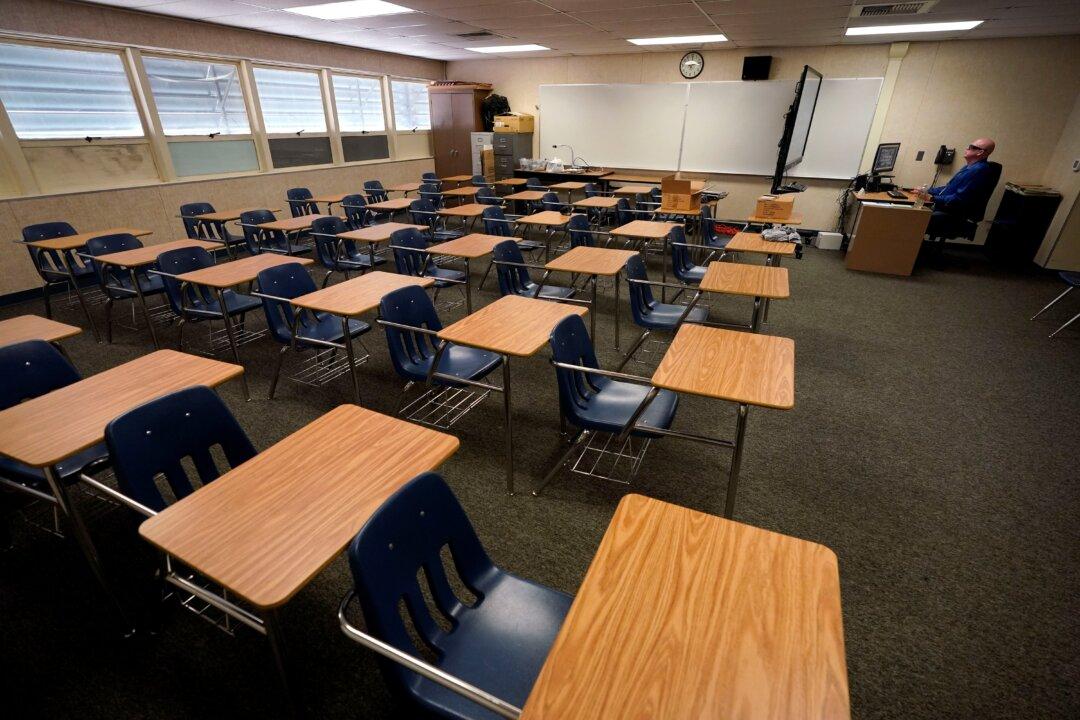Teenagers in developed nations including the United States have seen a decline in their reading and math test scores, which experts attribute in part to learning loss during the COVID-19 pandemic, according to data published on Dec. 5.
The Organization for Economic Cooperation and Development (OECD) Programme for International Student Assessment (PISA) examines what students know in mathematics, reading, and science, and what they can do with the knowledge they have, via annual tests.




